By Priscilla Burnsed | June 30, 2021
Featured On: https://svn.com/2021/06/30/impact-of-tech-cre/
Change Is On the Horizon for Commercial Real Estate
The digital revolution of the last decade has left no industry untouched. Companies across all sectors are leveraging advanced technologies — artificial intelligence (AI), mobile platforms, data analytics — to engineer innovative products, services, and customer experiences. The rapid and continual advancement of technology has ensured that it plays an integral role in our lives.
We are entering an era of “data ubiquity,” one in which a new generation of nimble, data-centric apps exploit massive data sets generated by both enterprises and consumers.1 In 2021, data is central to our existence — whether you’re a giant enterprise or an individual person.
These significant large-scale advancements have entirely reshaped consumer behavior. The proliferation of data sources, and the explosion of user data they generate, has created an environment in which consumers are more educated and savvy than ever before. As the table stakes rise across markets everywhere, consumer demands change, and service providers have to adapt in order to meet their expectations.
Adapting to ubiquitous digital connectivity is now essential to competitiveness in most sectors of our economy.2 Both established and start-up players in every industry are being forced to compete in new ways.
We hear it all the time: while the commercial real estate (CRE) industry has been slower than other industries to adapt to change, conditions are ripe for disruption. We’ve already seen the far-reaching impact of technology on residential real estate. Before the rise of IDX websites, home buyers relied on real estate agents to identify available properties. Today, 89% of people begin their search online.3 Database sites like Zillow and Trulia have enabled buyers and sellers to access market data instantly, with the click of a button.
The evolution of residential agents foreshadows the changes to come in CRE. Already, tenants and buyers are able to access commercial listings and data through free websites such as Crexi, and property owners can utilize these same websites to list properties without the help of a broker.
Although innovation has already begun to alter the role brokers play in CRE transactions, the ripples of change should not be feared. In fact, industry leaders are now face-to-face with immense opportunity: brokerages that choose to lean in and embrace technological advancement are sure to gain a sharp competitive edge through more efficient operating and delivering higher levels of client service.
Using Technology & Automation to Create Efficiencies
“Time is money,” they say, an old adage that certainly rings true for CRE.
Utilizing tech and automation streamlines operations and increasingly enables brokers and brokerage firms to eliminate the manual administrative tasks that typically slow processes down. Leveraging technology to work smarter, faster, and leaner allows brokers to focus their time on building strong client relationships, winning more listings, and maximizing their success.
In order to understand how CRE tech can and will pull us into the future of the industry, let’s discuss some of the common inefficiencies found within brokerage models today.
On the marketing side, creating and maintaining multiple pieces of marketing collateral, listings, and websites fosters data duplication and increases the odds of human error. When listing data changes, each piece of collateral must be individually updated and possibly reformatted.
Ensuring cohesive branding across all collateral and platforms is another vital yet time-consuming task for brokers. Simply put, a consistent brand is a recognizable brand. Greater brand recognition boosts credibility, creates a sense of reliability, and improves client loyalty. Creating, implementing, and maintaining templates for property flyers, offering memorandums, and personalized proposals for potential clients often requires a dedicated staff member with specialized training. For brokers who produce their own materials, these administrative tasks cut down on the time they have available to spend building the essential one-on-one relationships that close deals.
Long recognized as an early tech adopter, SVN has positioned the brand to be on the bleeding edge of CRE technology for over 30 years. SVN co-developed the industry’s first online publishing platform, Buildout. Available to all SVN offices, Buildout’s best-in-class software technology provides database management, pipeline reporting, back-office tools and more, enhancing your entire deal cycle in a single platform.
Buildout eliminates redundant administrative processes and increases productivity by automating and updating listing data across all marketing channels with one single click. SVN Advisors are able to utilize professionally designed templates to generate a wide range of marketing pieces and proposals so they can secure a listing more quickly and sell faster. In short, efficient and cohesive marketing technology effectively streamlines backend work and, in turn, generates more listings.
Buildout also streamlines back-office operations. Advisors can efficiently generate commission vouchers and track payable/receivable invoices and deposits. The platform also features a deal pipeline management dashboard with the ability to share listing activity reports with clients directly.
Much of the technology being used in CRE today streamlines the tedious back-and-forth of buying and selling of commercial real estate. Models like SVN, which leverage tech and automation to streamline operations, are able to provide greater value for their clients than competing firms operating under traditional methods.
Tapping Into Tech for Advisor Insights
Commercial real estate data is an enormously powerful resource. Ownership, transaction details, and the financials surrounding a property listing offer an endless number of insights that brokers can leverage to advise clients and win listings. However, curating data into meaningful reports manually is a time-consuming endeavor.
Real Capital Analytics (RCA) is the leading supplier and authority on data that drives commercial real estate. All SVN Advisors have access to the entire U.S. Portal (including Canada) to use RCA’s unique knowledge and perspective coupled with timely transaction data. This includes access to their 100,000+ detailed investor bios and their valuable intelligence on marketing and pricing, capital flows, and investment trends. Additionally, RCA regularly provides informative newsletters and bulletins which can be used to support marketing efforts.
Collaborative data exchange services, such as CompStak, are quickly gaining popularity in CRE. Compstak is a free broker-focused platform that compiles lease comparables and allows users to filter by submarket, base and effective rent, asset class, transaction size, and more. Brokers are able to exchange comps for credits and redeem those credits for other comps when needed.
Ultimately, brokers who tap into the sophisticated data tools available in the market today will continue to differentiate themselves from the competition and bring greater value to their clients.
Staying Ahead of the Curve
Executives in every industry are keeping a close eye on emerging technologies and the correlation to their business, from impact to leverage. For CRE, evolving tech and automation trigger fundamental shifts in client demands, expectations, and behaviors. SVN is positioned on the forefront of these industry changes, continually adapting to remain ahead of the curve in order to provide value for our clients and communities.
Clients today expect a fast, seamless experience from start to finish — powerful search capabilities, a transparent brokerage process, on-demand flexibility at every stage. SVN utilizes emerging tech and automation in its platforms to provide clients with analyses of current market conditions, investments, future opportunities, and new projects. SVN uses new tools and technologies to analyze information from multiple data sources, inclusive of the valuable data clients already have, and then provide actionable insight to clients that goes way beyond the transaction.
The effects of tech and automation in the industry won’t negate the need for experienced and knowledgeable CRE professionals. Rather, brokerage models like SVN understand that technology could be a key enabler for talent transformation, allowing companies to streamline existing talent systems and processes, drive efficiencies, and make more informed and effective decisions.4
Models like SVN, which embrace automation, collaboration and cooperation, are uniquely positioned to take market share in this era of change, as client behaviors and expectations evolve.
For CRE professionals, leaning into the adoption of new technologies will enhance the selling and buying experience for clients now and in the future. Companies that move to embrace these changes in technology will find that both they and their clients benefit from it. Those who choose to embrace collaboration and harness innovative technologies are the ones who will bring the future forward, make real change, and help to redefine the CRE industry.
Endnotes

